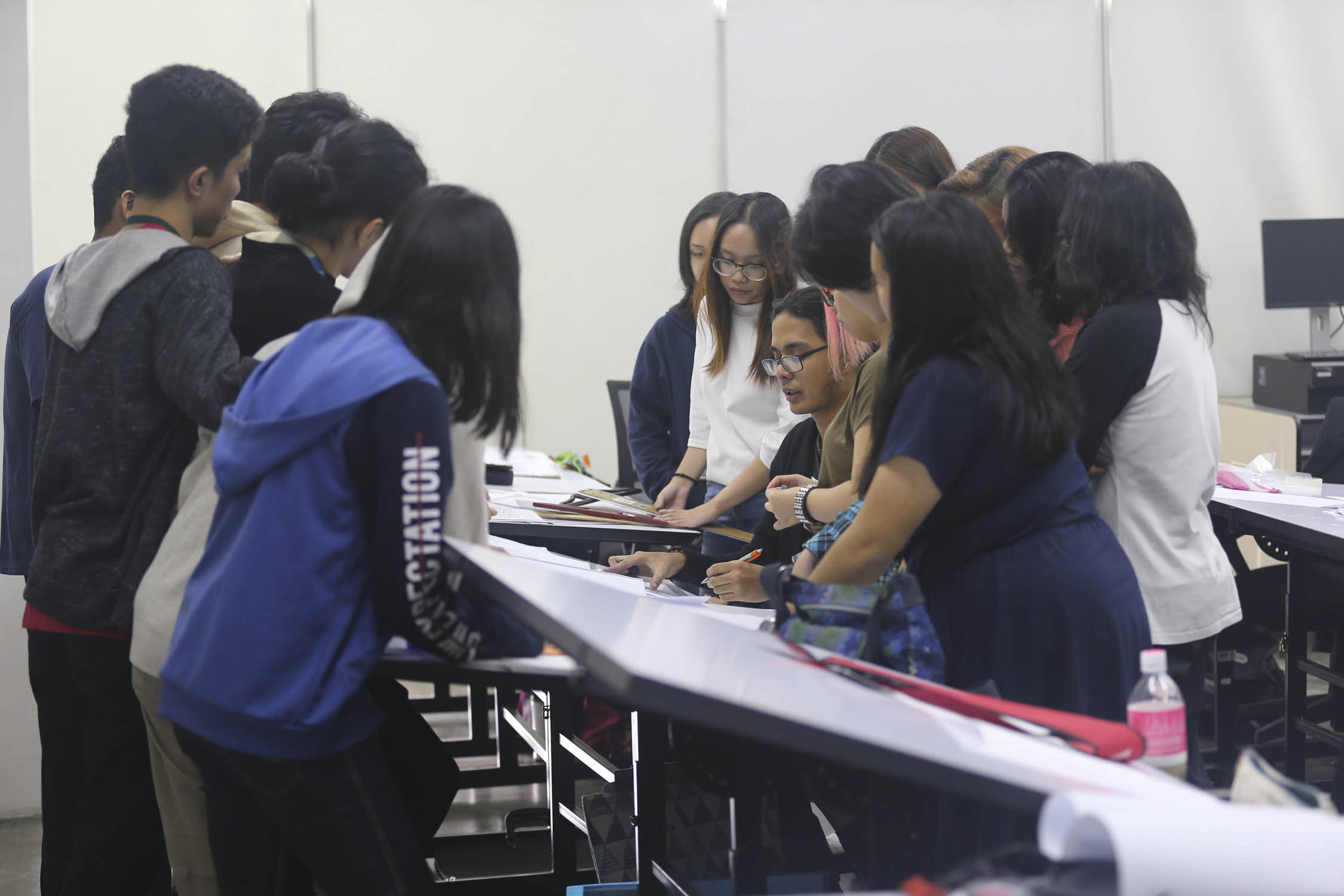
RISKY Before the pandemic, college classes meant face-to-face interaction, a situation that can spread the virus. —REM ZAMORA
Some colleges and universities are in danger of closing down due to low enrollment in the wake of the COVID-19 pandemic, according to the Commission on Higher Education (CHED).
“Some schools have informed CHED that they will be closing down for good, since the enrollment turnout was really low. The parents and students are afraid, so some have reported this to [us],” CHED chair Prospero De Vera said during a meeting with President Duterte and some members of the Inter-Agency Task Force for the Management of Emerging Infectious Diseases (IATF) on Wednesday night.
De Vera did not identify the schools that would be closing, nor the number of students to be affected. But the CHED, he said, was now crafting a policy on school closures.
“You have to understand that this is not a simple issue of closing a school,” he told the Inquirer when asked for details. “There are policies that the CHED has to ensure are observed. For example, will student credentials be available so students can transfer? … If faculty members are laid off, what will be the impact on the quality of programs once [the schools] decide to reopen?”
“There are many other policies that are affected so the schools are talking with CHED now,” De Vera said, adding that his agency would be assisting third and fourth year college students who will have “great difficulty transferring to other schools.”
The CHED “has to ensure that student and faculty interests are addressed,” he said, adding that the agency was in discussion “to make sure affected students and faculty are assisted in case the school closes.”
Schedule of courses
During Wednesday’s meeting with the IATF, De Vera said colleges and universities were directed to reconfigure their schedule of courses for next year as well.
All subjects with laboratory, on-the-job training or internships, would be moved to the second semester, he said.
“So in the first semester, it will be theoretical—classes which can be taught through lectures,” De Vera said.
“The options will be from the more open, limited face-to-face in low risk moderate general community quarantine areas, to the most conservative [way] of doing it in the second semester,” he said.
The President has said that he wanted no in-person classes held until a vaccine for COVID-19 has been developed to minimize the risk to the students’ health.
The risk of spreading the virus has prompted the government to devise blended learning methods involving the internet, radio and television educational programs, as well as printed modules for students without internet access and gadgets.